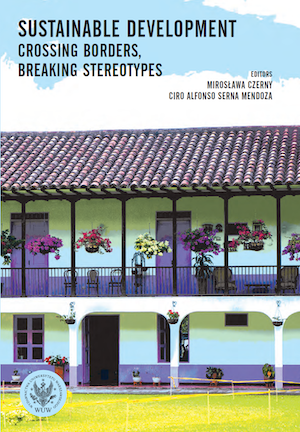“How were we supposed to know?” – the problem of embedding education for sustainable development in the learning process
“How were we supposed to know?” – the problem of embedding education for sustainable development in the learning process
Examples of New Zealand, France and Poland
Author(s): Małgorzata Klein
Subject(s): Geography, Regional studies
Published by: Wydawnictwa Uniwersytetu Warszawskiego
Keywords: sustainability; education; climate change; teaching curricula
Summary/Abstract: There is a broad scientific consensus that climate change has the potential to significantly transform the natural environment. If correct, this will have dire socio-economic consequences. This topic, together with the closely related issues of the rate, scale, direction, and means of achieving economic development, is studied under the rubric of sustainable development (SD). We are now confronted with having to thoroughly transform our lifestyle (Druckman, 2016; Dubois et al., 2019). In view of this fact, it seems shortsighted that primary and secondary education in Poland lacks a compulsory, separate subject dedicated to the causes, consequences, and adaptive measures required in these new circumstances. The country has yet to produce a textbook on the subject. This paper examines and compares SD education in secondary schools in Poland, France and New Zealand. These three countries are analyzed in terms of their efforts to build social awareness of the ongoing and impending environmental and socio-economic transformations through the education system. France and New Zealand have made substantial progress, Poland, however, has fallen far behind in implementing ESD.
Book: Sustainable development
- Page Range: 400-410
- Page Count: 11
- Publication Year: 2021
- Language: English
- Content File-PDF

